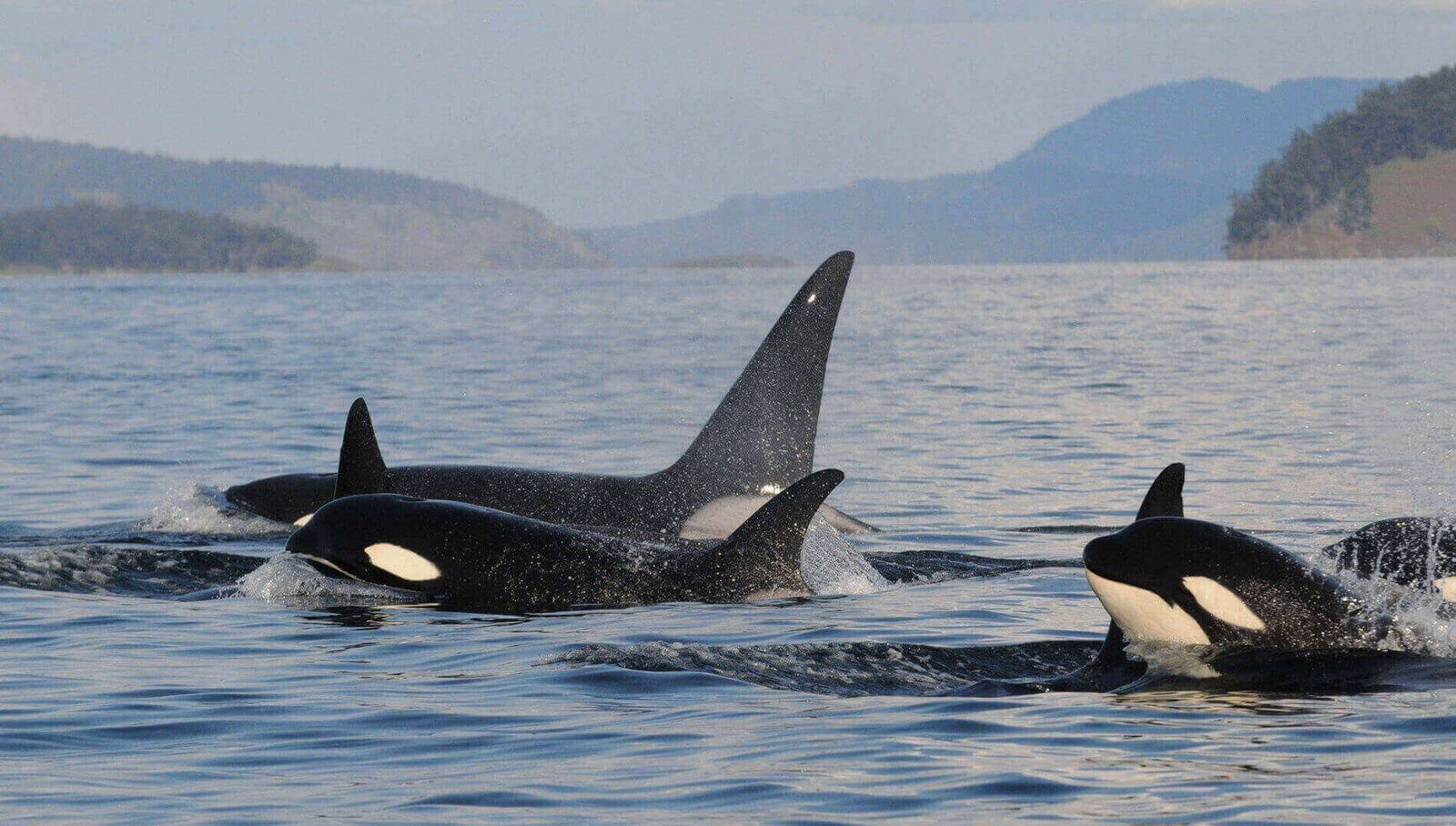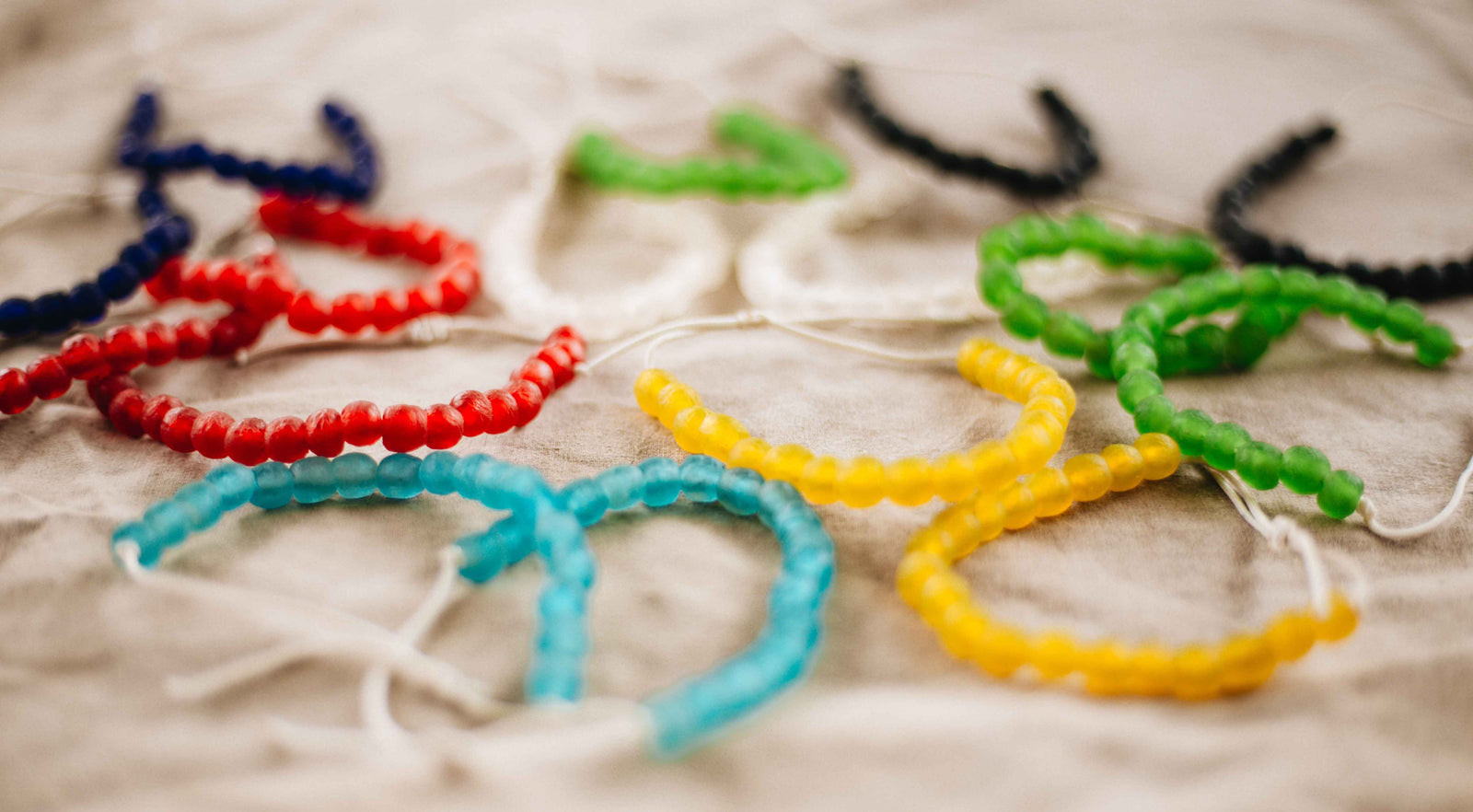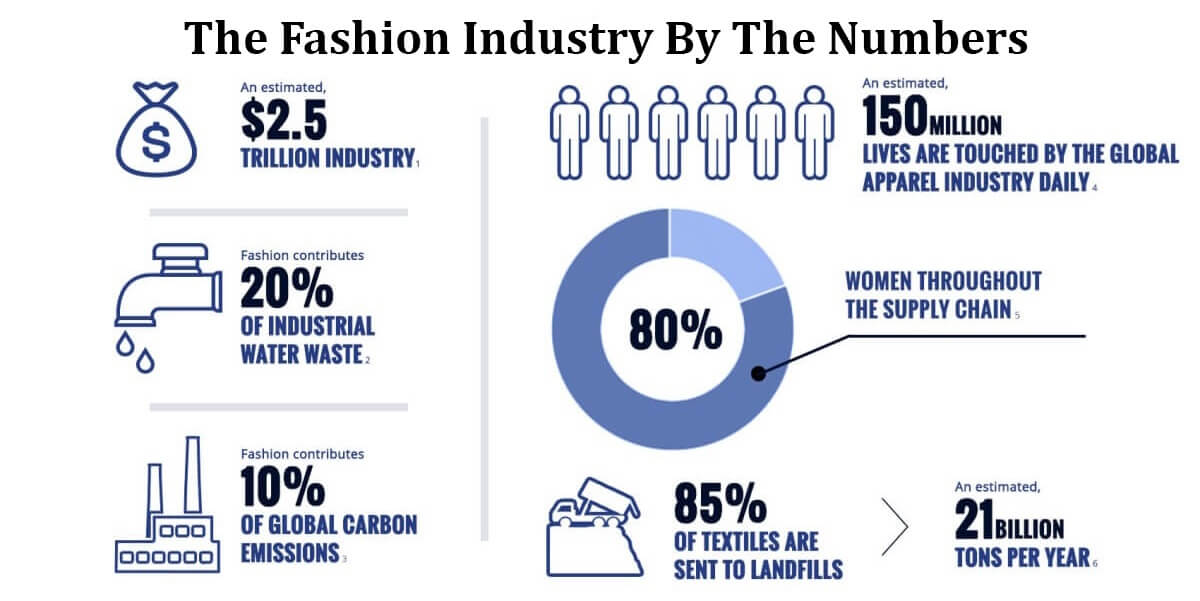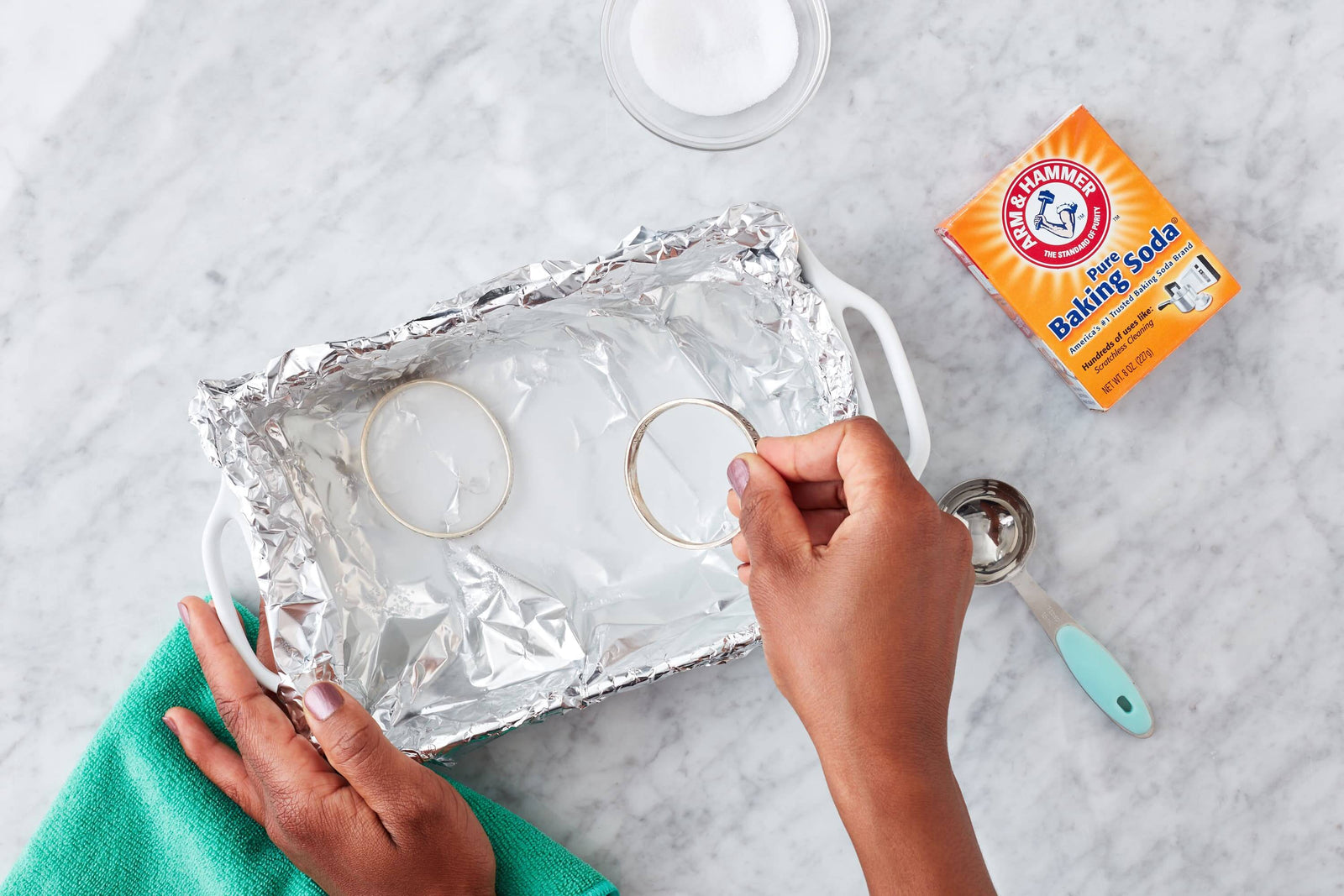Your Cart is Empty
Be the Change You Wish To See In The World!!!
How Orca Calves Can Live Longer
Orcas, or killer whales, are not actually whales at all. They are the largest members of the dolphin family as well as one of the world’s largest predators. We are all familiar with their distinct black and white coloring. Orcas are a fascinating species. They, along with their cousin species, the pilot whale, are being threatened by ocean pollution.
The more we learn about orca whales, the more we want to protect them. There are hundreds of ways to do that, and at Bead the Change, we focus on offering bracelets for a cause. Our new Orca Bracelet helps raise awareness about saving these magnificent creatures. Ocean pollution is threatening many species, not just the dolphin family. However, saving one species also saves the rest when it comes to protecting our ocean.
Orca Grandmothers Improve Survival for Their Grandchildren
An example of how sophisticated orcas are comes from a recent study of older, female killer whales. The study found that killer whale grandmothers, who live for decades after completing menopause, play a role in their grand-offspring’s lives, which boosts their chance of survival.
Orca grandmothers who were post-menopausal (meaning unable to reproduce) improved the chances of survival for the calves because they, like human grandmothers, have time to tend to the younger ones. They also assisted in finding food when it was scarce. For instance, the research showed that post-reproductive female orcas were knowledgeable at finding salmon when it was it was in low supply. Because salmon populations are declining, the role of the grandmother killer whale will become more important.

Killer Whales Are at Risk for Extinction Due to Pollution
While studies like the one described above show the magnificence of killer whales as a species, they also illustrate the importance of studying the growing force that threatens this species, which is ocean pollution.
The pollutant that most threatens the Orcas is polychlorinated biphenyls (PCB), which we have been using around the world since the 1930s. You can find the chemical in electrical components, paints, and plastics. In the 70s, they were banned after people learned that they were toxic. Despite the ban, this poison is still leaking into the world’s oceans.
Over the last five years, researchers have found PCB contamination in 351 killer whales. The populations most at risk are off the coasts of Japan, Brazil, Gibraltar, and the United Kingdom. This is due in part to the killer whale’s position at the top of the food chain. They absorb pollution from the water as well as whatever contaminants their food has eaten. The result is a higher concentration of chemicals in the orca’s body. The orcas join a growing group of 267 species that are impacted by ocean pollution. They are also one of the 700 species that are at risk of extinction.

Pilot Whales Stranded in West Iceland
Orca whales aren’t the only ones affected by PCBs. Another example of the threats these species face is the incident in 2019, where over 50 pilot whales became stranded at one time along the shores of West Iceland’s Snæfellsnes peninsula. The pilot whales turned up on the sand island of Gamlaeyri, Löngufjörur.
One of the theories that explains this phenomenon is human interference and toxins creates by Persistent Organic Pollutants (POPs) and PCBs. Events such as military exercises and offshore drilling disrupt the whales. In addition, the toxic chemicals dumped into the ocean accumulate in the whales’ bodies. The older the whale, the higher the concentration.
Since elder members of the herd are often the leaders, a sick pilot whale could become confused and lead the rest into shallow waters. In addition, as we learned from the orca whales, elder members of the herd also lead the way in the search for food, which is squid and mackerel for pilot whales. Ocean pollution affects all species. As the populations diminish in the fish species that the pilot whales eat, the herd expands its hunt for prey to include shallow waters. Since they aren’t as experienced in shallow water, they run the risk of stranding themselves. While biologists have not proved ocean pollution to be the culprit, pollution is a contributing factor.
This isn’t Iceland’s first mass stranding. In 1986, 148 pilot whales died at Þorlákshöfn. Earlier, in 1983, more than 30 pilot whales stranded themselves at Rif on Snæfellsnes. Currently, biologists report that pilot whales have been coming dangerously close to shore near Rif, Arnarstapi, and Hellnar, Löngufjörur. It wasn’t until the incident at the Snæfellsnes peninsula that they actually became stranded. Marine biologists fear that stranding will become more common as pollution does more damage to marine life.

The Orca Bracelet
At Bead the Change, we offer “bracelets for a cause” that support ocean conservation as well as projects dedicated to minimizing the effects of ocean warming and protecting all whale species, including the magnificent orca. For example, one of our most popular charity bracelets is our Ocean Cleanup Bracelet, which supports The Ocean Cleanup. The Ocean Cleanup is a nonprofit organization dedicated to ridding the area known as the Great Pacific Garbage Patch of plastic waste.
Ten percent of every ocean bracelet purchased goes to this organization. This save the ocean bracelet is made of beautiful turquoise glass beads made from recycled glass bottles. Even the cord is made from reclaimed plastic water bottles.
We are also proud to announce that we are expanding our ocean plastic bracelet line to include our upcoming Orca Bracelet. We have designed our Orca Bracelet with black and gray beads made from recycled glass bottles. Also, the elastic cord makes the bracelet one-size-fits-all, perfect for men and women alike.
This new addition to our line of glass bead bracelets will support the Sea Shepherd Conservation Society, which is an international marine conservation organization. They defend, conserve, and protect wildlife and the ocean from environmental destruction due to climate change and marine pollution. Be the change you wish to see in the world and help us protect these Orcas and all marine life.

Comments will be approved before showing up.
In short, ethical fashion works toward the social good of society. It takes into account the workers who make the clothing industry possible. This includes everyone from the farmers who grow the fabric to the garment workers who stitch the pieces together. These efforts go beyond the surface we see as consumers. Rather, social good is deeper than the public image. A brand must take care to ensure fair wages, maintain fair trade certifications, and provide healthy working conditions. The ethically responsible brand invests in its people as much as it does its product, if not more so.
Now, you never have to tuck your jewelry away because it needs a deep cleaning. You can keep your jewelry sparkling yourself using eco-friendly cleaning agents you probably already have around the house.
Here are a few cleaning options that don’t involve harsh chemicals.



